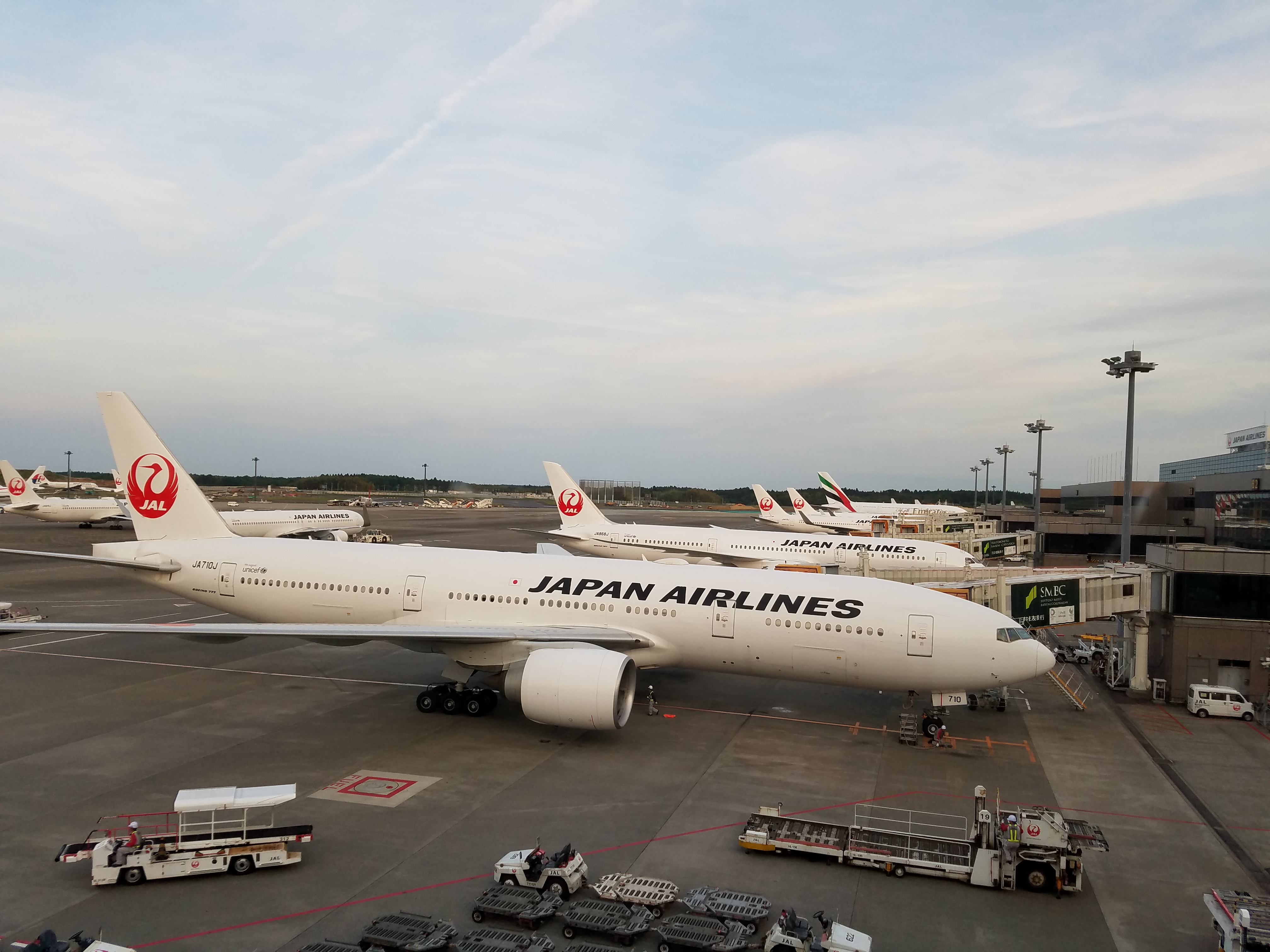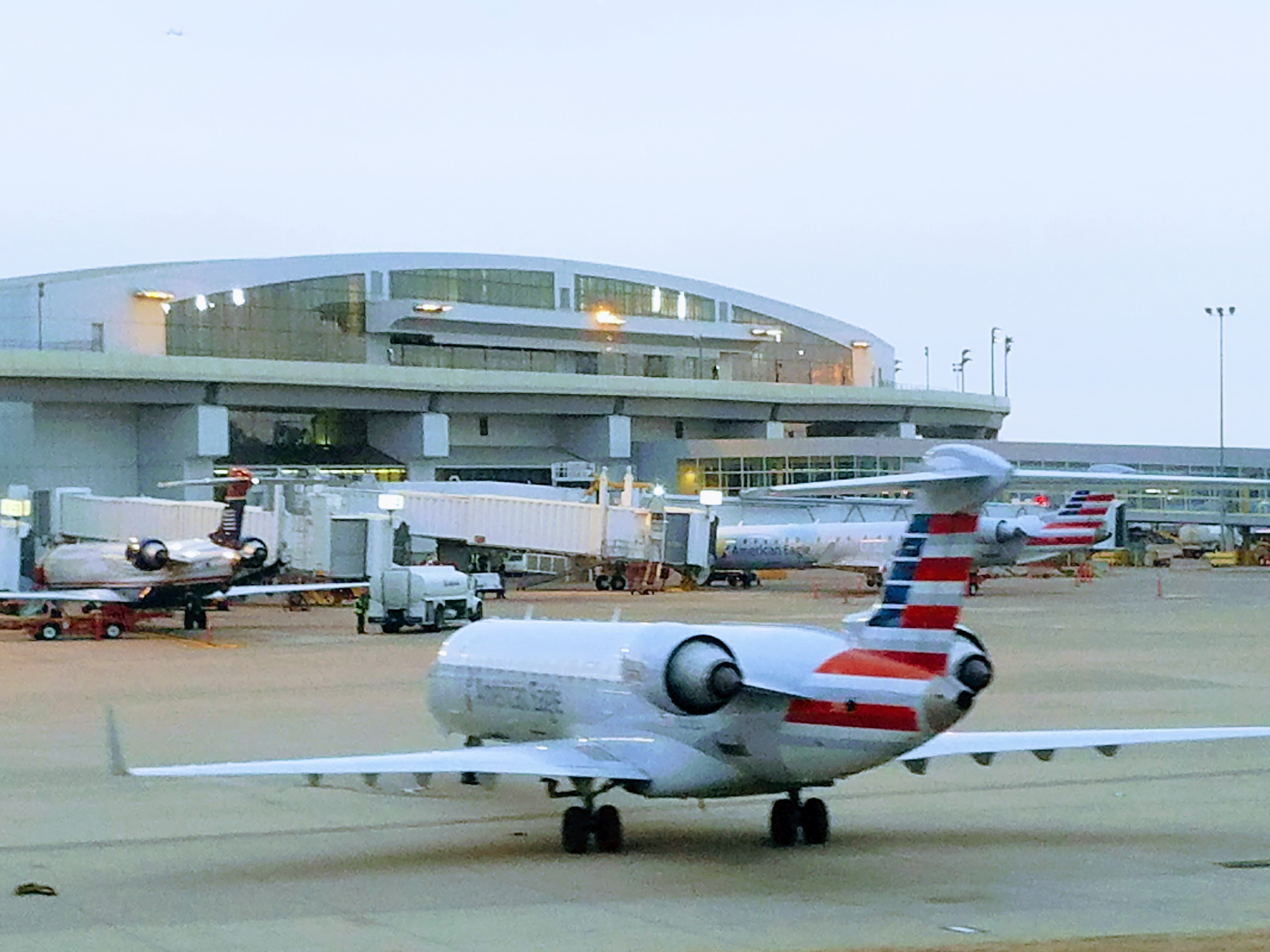
A Japan Airlines flight from Dallas to Tokyo was canceled last week after its 49-year-old captain was reported for drunken and disruptive behavior at his layover hotel. Police were called.

Japan Airlines
The pilot had arrived from Tokyo on Monday, and he dined and drank with other crewmembers starting around 6 p.m. Things got rowdy, and hotel staff warned crew about their noise levels.
His continued drinking in the hotel lounge and later in his room. Other guests complained about the noise. By 2 a.m. Tuesday, hotel staff called the police. They issued a warning.
The captain says he didn’t violate ‘twelve hours bottle-to-throttle’ and didn’t realize he was over the .04 legal limit to fly. Without a replacement, the airline was forced to cancel Wednesday’s 11:05 a.m. flight 11 to Haneda. The flight’s 157 passengers were rebooked.

DFW Airport
Last June a Delta flight was cancelled when the captain was arrested for intoxication. This happens infrequently, but isn’t unheard of. In 2019 United pilots flying out of Glasgow to Newark were arrested on intoxication charges and a fully-boarded Delta flight from Minneapolis was cancelled due to an intoxicated pilot. Of course United flight from London was also once delayed to remove a drunk air marshal.
Drinking by pilots is a very sensitive subject. American Airlines was even forced to apologize when their outsource inflight magazine depicted pilots mixing cocktails.
Air travel can be a difficult career and drinking and other substance problems get hidden. Pilots with substance abuse problems are often wary of speaking up and seeking help, for fear of being sidelined, despite programs designed to encourage them to do so.
Pilots hide not just alcohol abuse but mental health conditions and that points to a fundamental conundrum: you want pilots to be open and seek help in order to promote safety, but once they’re open they’re a clearly identified risk and get removed from the cockpit. So the consequences of being open discourage that openness. Or at least that’s the fear many pilots have, not trusting any commitments to help rather than punish.
Gary Leff
